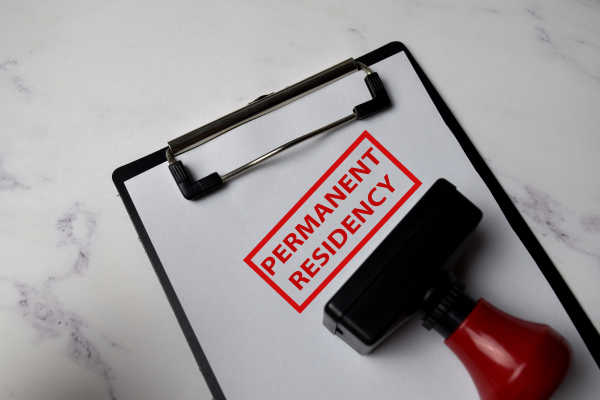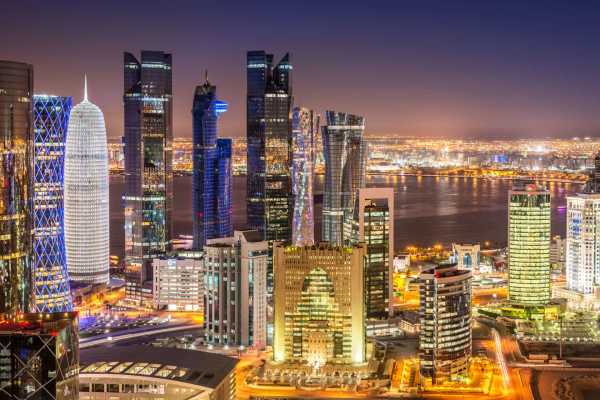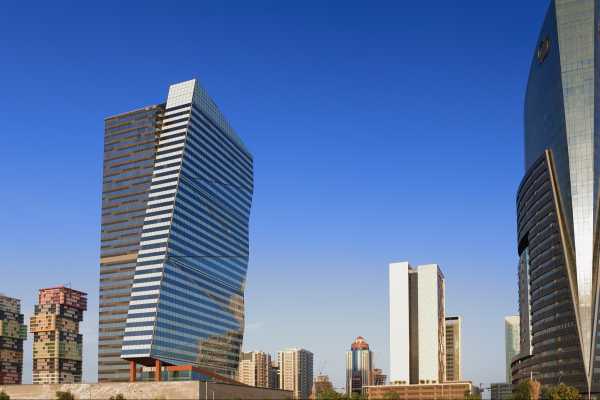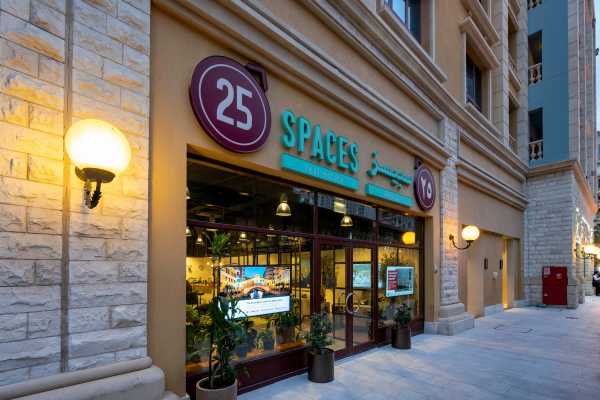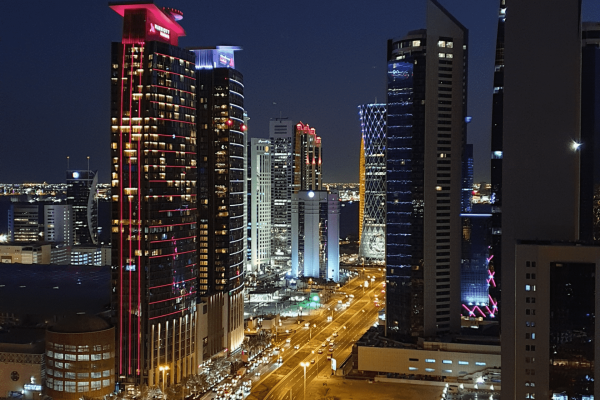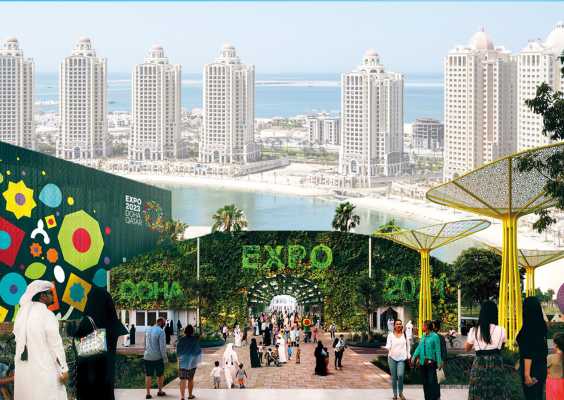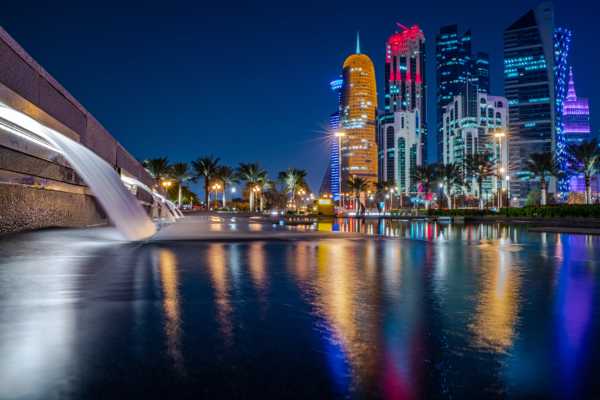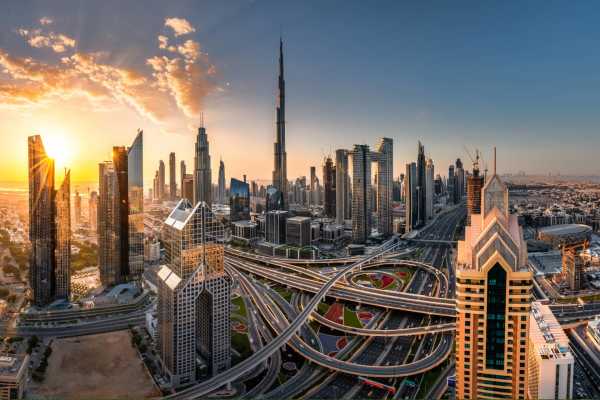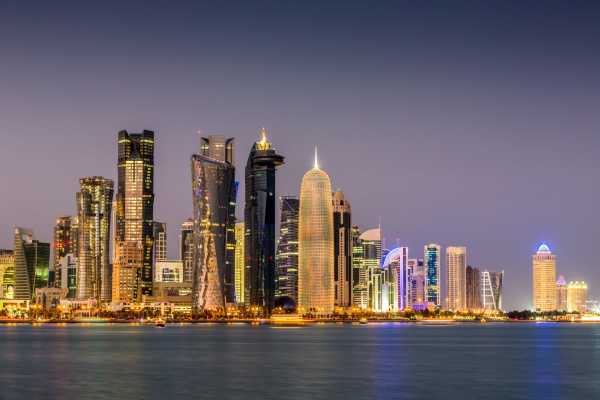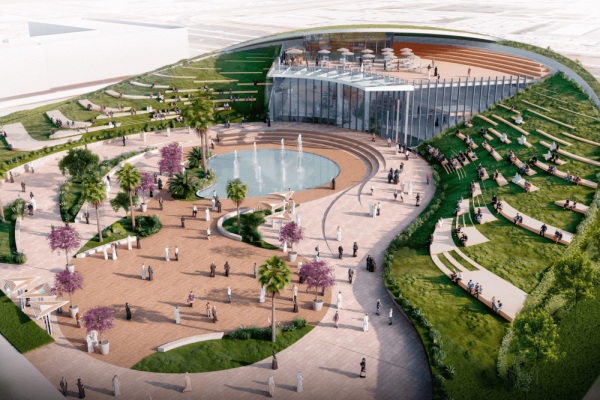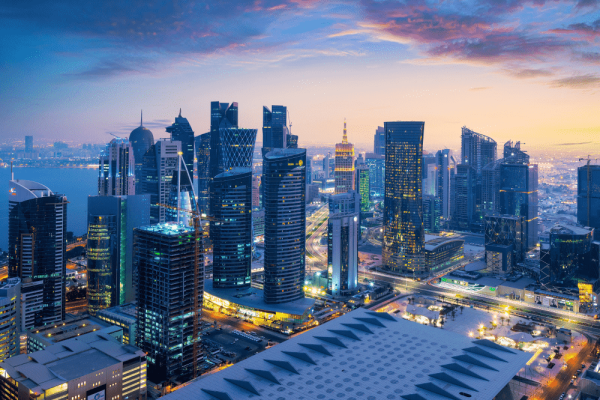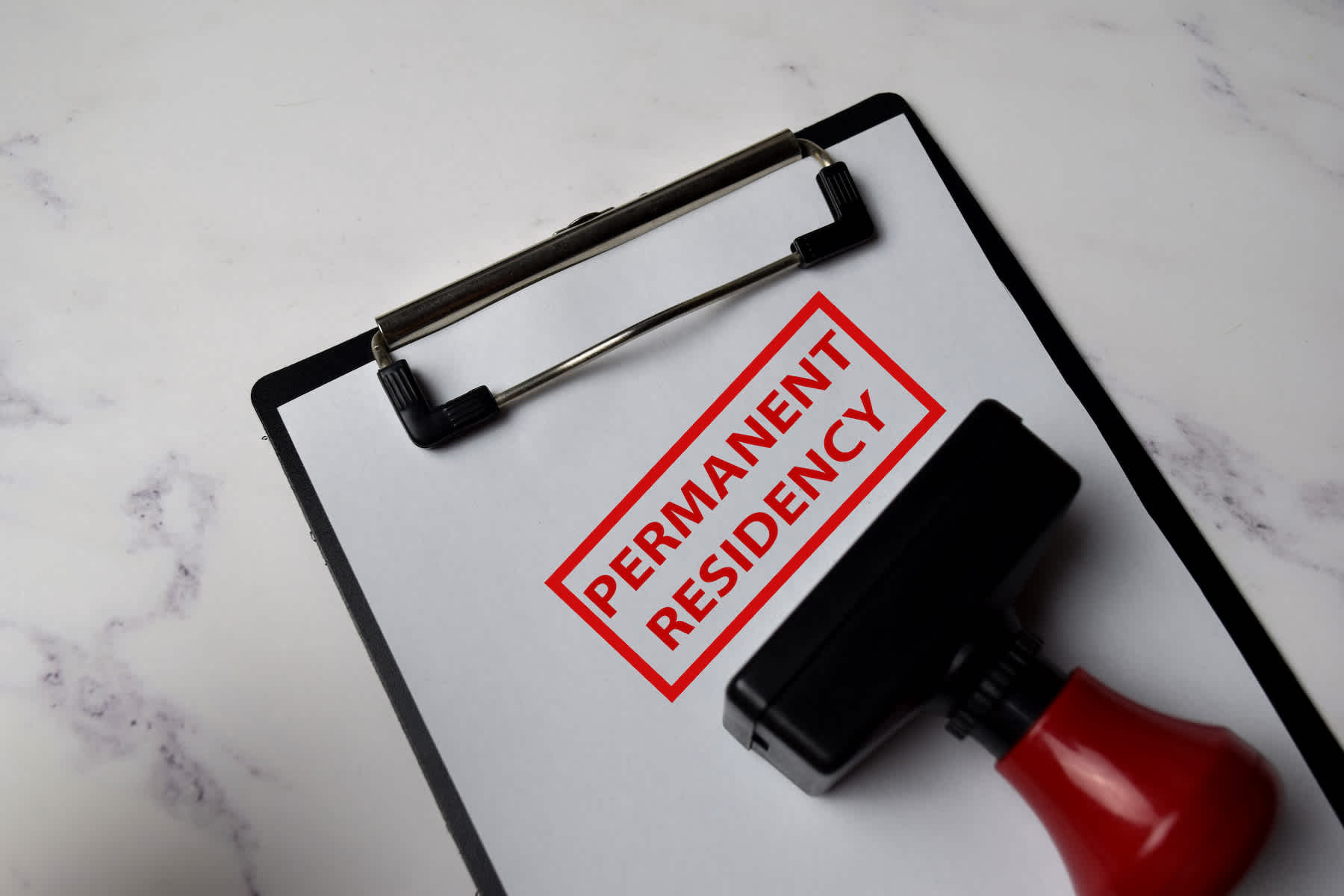Real estate investment in Qatar has garnered significant attention, particularly with the country's rapid economic growth and ambitious development projects. However, despite the appealing prospects, several myths and misconceptions can cloud the decision-making process for potential investors. In this blog post, we'll delve into the most common myths about real estate investment in Qatar, debunk them with factual information, and provide a clear picture of what it’s really like to invest in this dynamic market.
Myth: Real Estate in Qatar is Only for the Wealthy
Reality: One of the most persistent myths is that investing in Qatar’s real estate market requires a substantial fortune. While it is true that there are high-end properties available, Qatar’s real estate market is diverse.
Entry-Level Investment: There are opportunities for investors with moderate budgets. The market includes a range of property types from affordable apartments to luxury villas.
Financing Options: Banks and financial institutions in Qatar offer various mortgage solutions, making it easier for investors to enter the market.
Developing Areas: Investment in developing areas can offer lower entry costs and significant appreciation potential.
Table: Investment Opportunities
Property Type | Average Price (QAR) | Financing Options | Potential for Appreciation |
Studio Apartments | 800,000 - 1,200,000 | Available with 60-70% financing | Moderate to High |
1-Bedroom Apartments | 1,200,000 - 2,000,000 | Available with 50-60% financing | High |
2-Bedroom Apartments | 2,000,000 - 3,500,000 | Available with 40-50% financing | High |
Luxury Villas | 5,000,000 and above | Limited, higher down payment | Very High |
Myth: Qatar’s Real Estate Market is Too Risky
Reality: While no investment is without risk, Qatar's real estate market is relatively stable compared to other regions.
Economic Stability: Qatar has one of the highest GDP per capita rates globally, providing a solid economic foundation.
Government Initiatives: The Qatari government has undertaken several initiatives to ensure market stability, such as the National Vision 2030 and infrastructural developments.
Historical Performance: Qatar’s real estate market has shown resilience and growth, with property values generally appreciating over time.
Table: Risk Assessment
Risk Factor | Description | Mitigation Strategies |
Market Fluctuations | Minor fluctuations are possible | Invest in well-researched areas |
Regulatory Changes | Changes in laws and policies | Stay updated with legal changes |
Economic Downturns | Affects all markets to some extent | Diversify investments |
Over-Supply in Specific Areas | Can impact rental yields | Focus on high-demand areas |
Myth: Foreigners Cannot Own Property in Qatar
Reality: Foreigners can indeed own property in Qatar, though there are specific regulations and restrictions.
Designated Areas: Foreigners are allowed to purchase property in certain designated areas, such as The Pearl-Qatar, Lusail City.
Freehold and Leasehold: There are options for both freehold and leasehold property ownership.
Ownership Limits: Generally, foreigners can own up to 49% of residential properties in designated areas.
Myth: The Real Estate Market is Over-Saturated
Reality: While there has been significant development, the market is far from saturated.
Continued Development: Qatar continues to see extensive infrastructural and residential development, driven by ongoing population growth and economic diversification.
Demand vs. Supply: The demand for residential and commercial properties often exceeds supply in key areas due to the rapid urbanization and economic activities.
Economic Drivers: Major events, like the FIFA World Cup 2022, have spurred development and maintained high demand in the real estate sector.
Table: Development Trends
Area | Current Developments | Demand Factors |
The Pearl-Qatar | Luxury apartments, commercial spaces | High demand from expatriates and investors |
Lusail City | Government offices, residential complexes | Government-led initiatives |
Education City | Academic institutions, student housing | High demand from students and staff |
Downtown Doha | Business centers, retail spaces | Commercial and residential growth |
Myth: Rental Yields in Qatar are Unpredictable
Reality: Rental yields in Qatar are generally stable and can be quite lucrative.
High Rental Demand: The demand for rental properties remains strong, driven by a growing expatriate community and business professionals.
Consistent Returns: Rental yields in Qatar often range from 6% to 8%, which is relatively high compared to many other markets.
Sector-Specific Trends: Different property sectors (e.g., residential, commercial) exhibit varied yield patterns, but overall, yields are consistent.
Table: Rental Yields
Property Type | Average Yield (%) | High-Demand Areas | Yield Range |
Studio Apartments | 6.5 | The Pearl-Qatar, Lusail City | 5% - 7% |
1-Bedroom Apartments | 7.0 | West Bay, The Pearl-Qatar | 6% - 8% |
2-Bedroom Apartments | 6.8 | Lusail City, Education City | 6% - 7.5% |
Commercial Properties | 7.5 | Downtown Doha, West Bay | 7% - 8% |
Myth: Qatar's Real Estate Market is Dependent on Oil Prices
Reality: While oil has historically influenced Qatar’s economy, the real estate market is increasingly diversified.
Economic Diversification: Qatar has been actively diversifying its economy beyond oil and gas, with significant investments in sectors such as tourism, education, and sports.
Sustainable Growth: The government’s focus on non-oil sectors and infrastructural development supports sustained growth in the real estate market.
Global Events: Major international events and strategic developments have reduced the market’s dependency on oil revenues.
Table: Economic Diversification Initiatives
Sector | Investment Focus | Impact on Real Estate |
Tourism | Development of hotels, resorts | Increased demand for hospitality properties |
Education | Expansion of educational institutions | Growth in student accommodation |
Sports | Infrastructure for events | Boost in commercial and residential demand |
Healthcare | Medical facilities and hospitals | Increase in healthcare-related property needs |
Myth: Qatar’s Property Market is Not Regulated
Reality: Qatar’s property market is well-regulated with robust legal frameworks.
Regulatory Bodies: The Ministry of Municipality and Environment and the Qatar Financial Center oversee property regulations and transactions.
Legal Framework: Qatar has a comprehensive legal framework governing property ownership, rental agreements, and transactions.
Transparency: The government has taken steps to enhance transparency and protect investors through regulatory reforms and digital platforms.
Table: Regulatory Framework
Regulation | Description | Impact on Investors |
Property Ownership Law | Governs foreign ownership and property rights | Clear guidelines for ownership and leasing |
Rental Laws | Defines landlord-tenant rights and obligations | Protects both parties in rental agreements |
Real Estate Investment Regulations | Oversees investment practices and compliance | Ensures transparency and legal clarity |
Financial Regulations | Governs mortgage and financial transactions | Provides secure financing options |
Investing in real estate in Qatar presents exciting opportunities, but it’s essential to navigate the market with a clear understanding of the facts. By debunking common myths, we can see that Qatar’s real estate market is accessible, stable, and well-regulated, with opportunities for investors across various budget levels. Whether you’re a seasoned investor or new to the market, a thorough understanding of the real estate landscape in Qatar will equip you to make informed decisions and capitalize on the potential the market has to offer. The key is to stay informed, understand the regulations, and choose the right investment opportunities that align with your financial goals and risk tolerance.
25 Spaces Real Estate can provide you comprehensive guidance on every aspect of real estate information. You can contact us at info@25spaces.com or connect with them over the phone at +974 4464 2525.

